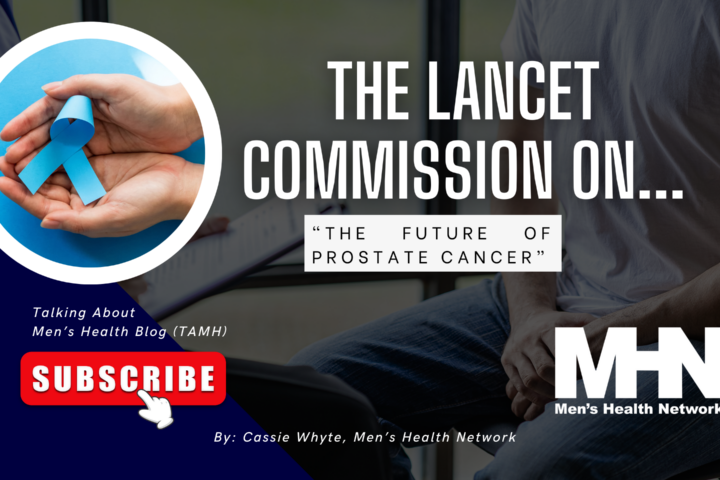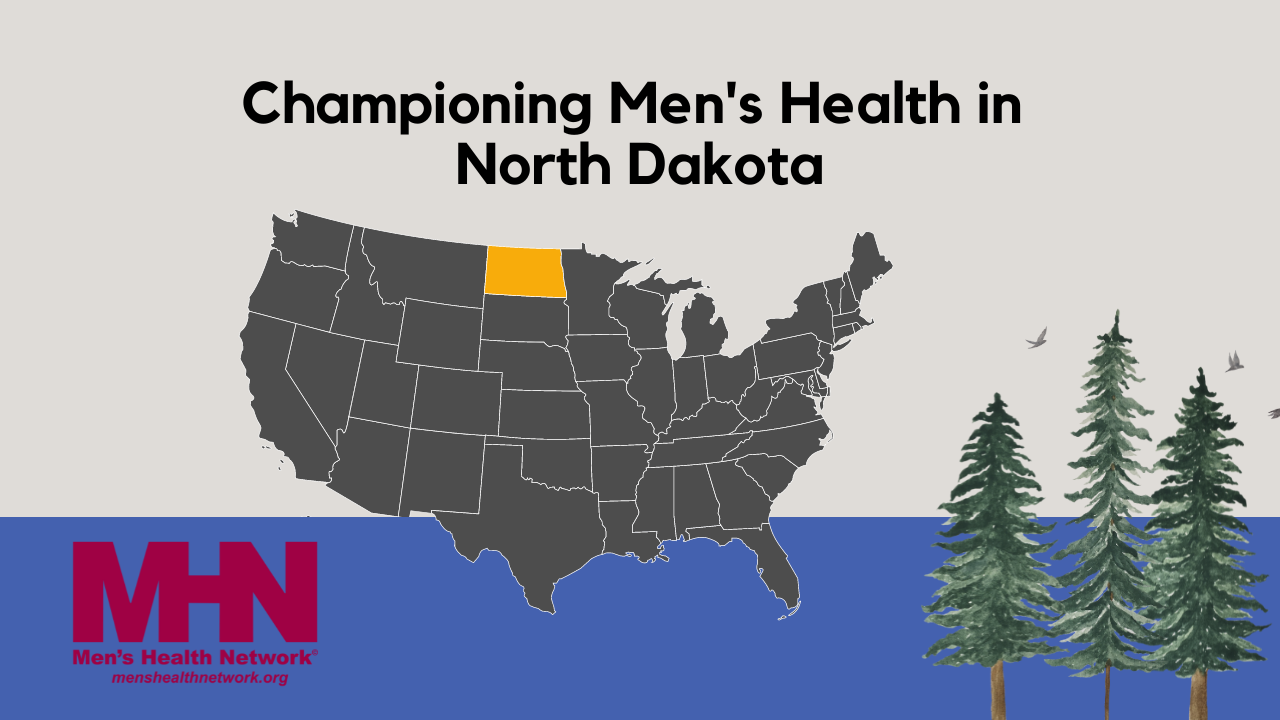Medical malpractice is the bane of every medical professional. You could be sued for something you did, something you didn’t do, and something your subordinates did. Here are 10 things you want to know about medical malpractice.
The Risk of Being Sued Is Far Lower than the Rate of Medical Malpractice
Studies suggest that there are up to a million medical injuries per year, while the number of medical malpractice cases filed per year is just under a hundred thousand. This means that many cases of medical malpractice don’t result in a lawsuit.
Medical Mistakes Are a Leading Killer
We don’t really know how many medical mistakes or cases of medical oversight lead to patient deaths. This is why there is so much uncertainty in the studies estimating the number of deaths and injuries. Johns Hopkins study puts the number at a quarter million deaths per year. Other studies have estimated the number of deaths to be as high as 440,000 per year. This would make medical errors the third leading cause of death in the United States. Only cancer and heart disease kill more. This is why you have a moral obligation to try to avoid making medical mistakes.
Your Risk of Being Sued Depends on Your Profession
Less than twenty percent of pediatricians and psychologists have ever been sued for medical malpractice. More than seventy percent of obstetricians have. Most surgeons have been sued, while it is rare for a nurse to be sued.
Medical Malpractice Suits Hit Many Different Professions
The public tends to think of doctors and hospitals when they hear about medical malpractice cases being filed. However, pharmacists are often sued because of medication errors, as well. Psychiatrists and psychologists can be sued for prescribing medication or failing to deal with patient reports, especially if the case leads to suicide. You can even sue nurses and nursing assistants for failing to turn over the patient in their bed, if it led to bed sores and infections.
Not Every Tragedy Is a Malpractice Case
Our society is so comfortable that it has forgotten how often people died of preventative illnesses, accidents and injuries just a hundred years ago. This leads many people to start searching for an attorney’s contact information the moment someone dies in the hospital or their case has a bad outcome. However, not every tragedy is a medical malpractice case. You don’t have a valid lawsuit if the patient knew there was a 50-50 chance it wouldn’t work. If they knew they might die of the treatment but chose that over dying of the disease, you won’t win a case against the doctor.
There Are Specialized Attorneys for Medical Malpractice Cases
Whether you spent an extra week in the hospital due to a medical oversight or you’re being sued by a patient, you need expert legal advice to handle malpractice situations. A personal injury attorney may be able to help, but your odds of winning your case go up when the attorney has experience with medical malpractice cases.
Most Cases Don’t Go to Trial
Medical dramas make it look like every case goes to court. In real life, less than ten percent of medical malpractice cases go to a jury trial. Most are settled in adjudication or simply resolved with a settlement offer.
A Lawsuit Doesn’t Equal Bankruptcy
Many people who suffer negative outcomes sue, but as we’ve said, this is not necessarily the healthcare provider’s fault. Furthermore, many patients are simply seeking to be made whole, not receive a major payout. This is why roughly four fifths of medical malpractice claims end with no payment to the patient, though it may include care for their injuries at no cost to them. If you do have to pay for the damages, insurance may pay for it instead of you paying out of pocket.
You Can Reduce Your Risk of Being Sued
Due diligence is one solution. Unfortunately, this leads to defensive medicine and its attendant costs. Some doctors refuse to take complex cases or high risk patients. Recommending patients get a second opinion can lower your risk profile, as well. Take care to ask about what medications, herbs and over the counter drugs they’re taking before prescribing something to them. This reduces the risk of adverse drug interactions.
Liability Can Be Complicated
Sometimes the patient doesn’t know who to blame. This can result in everyone who provided care being sued. On the other hand, determining liability can be challenging. For example, suppose someone didn’t wake up after a medical procedure. Is it the fault of the anesthesiologist, the surgeon, or the patient’s state of health? Sometimes the patient chooses to sue the hospital or medical facility instead of or in addition to the doctor, because that increases the odds of some sort of settlement.




